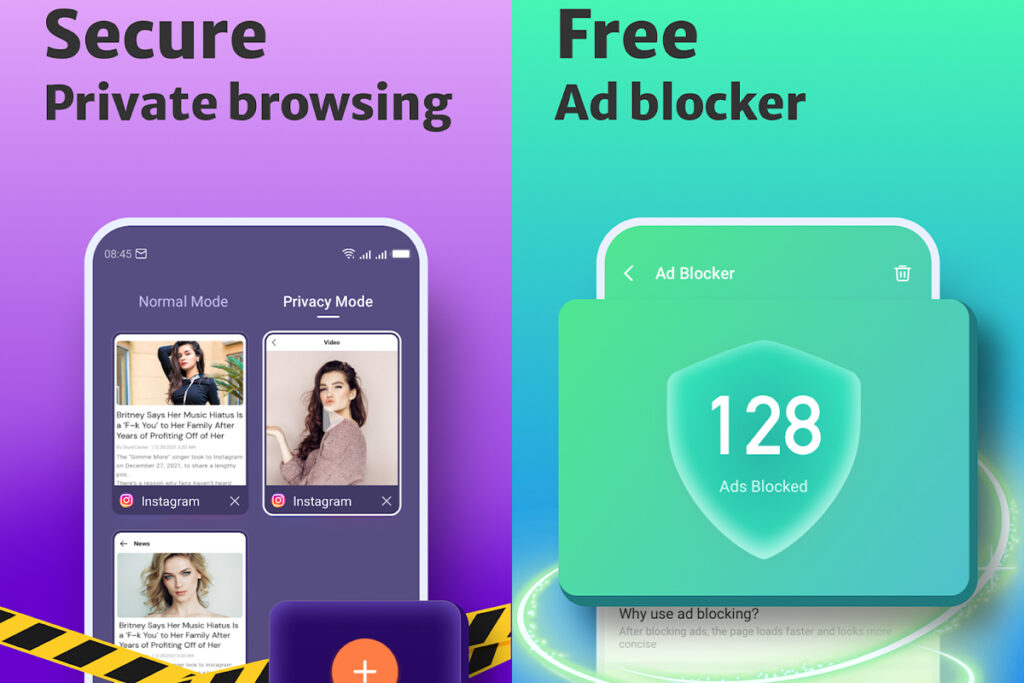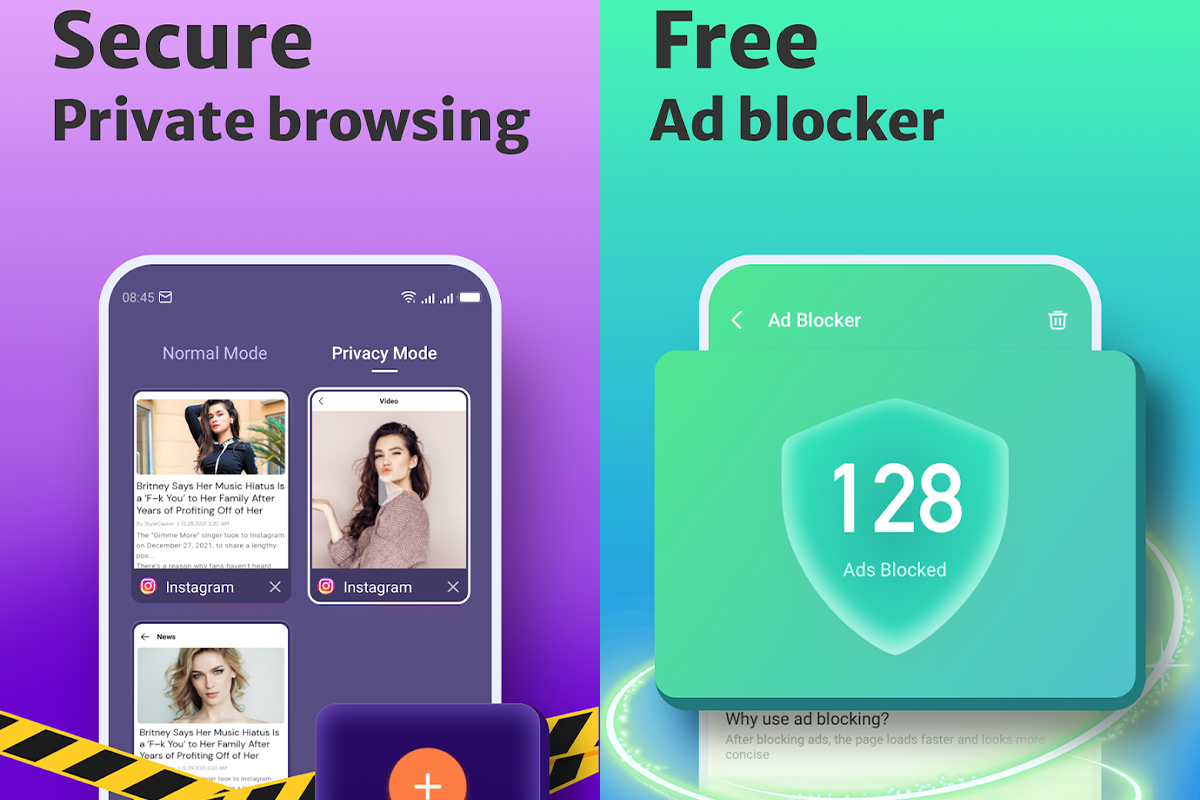
Hola Browser: Unveiling the Truth About This Controversial VPN Browser
In the ever-evolving landscape of internet privacy and security, various tools and applications have emerged, each promising enhanced protection and freedom online. Among these, the Hola Browser stands out, not necessarily for its positive attributes, but rather for the controversy surrounding its operation. This article aims to provide an objective and comprehensive overview of Hola Browser, examining its features, functionalities, the controversies it has faced, and the implications for users seeking privacy and security online.
What is Hola Browser?
Hola Browser, often marketed as a free VPN browser, is designed to allow users to access content that might be restricted in their geographical location. At first glance, it presents itself as a convenient solution for circumventing geo-restrictions and accessing a wider range of online content. The allure of a free VPN service embedded directly into a browser is undeniable, particularly for users who are not technically savvy or are looking for a simple, no-cost solution. However, the underlying mechanics and the business model of Hola Browser have raised significant concerns and criticisms.
How Hola Browser Works: A Peer-to-Peer VPN Network
The core functionality of Hola Browser revolves around a peer-to-peer (P2P) VPN network. Unlike traditional VPN services that rely on dedicated servers to route user traffic, Hola Browser operates by sharing the bandwidth and resources of its users. In essence, when you use Hola Browser, your internet connection becomes a node in the Hola network, and your bandwidth can be used to facilitate traffic for other users. This is where the controversy begins.
The Implications of a Peer-to-Peer VPN
The P2P nature of Hola Browser has several significant implications:
- Bandwidth Sharing: When you use Hola Browser, you are essentially contributing your internet bandwidth to the network. This can slow down your internet speed and increase your data usage, potentially leading to higher internet bills.
- Security Risks: Since your internet connection is being used to route traffic for other users, you could potentially be held liable for their online activities. If another user engages in illegal or malicious activities while using your bandwidth, your IP address could be implicated.
- Lack of Privacy: The P2P model also raises concerns about privacy. While Hola Browser claims to encrypt user traffic, the fact that your connection is being shared with other users means that your data could be exposed to potential risks.
The Controversies Surrounding Hola Browser
Hola Browser has been embroiled in several controversies over the years, primarily related to its business practices and the security risks associated with its P2P VPN network.
Bandwidth Reselling
One of the most significant controversies surrounding Hola Browser is the fact that it resells user bandwidth to third-party clients through a commercial VPN service called Luminati (now Bright Data). This means that while users are using Hola Browser for free, their bandwidth is being sold to businesses and individuals who may use it for various purposes, some of which may be questionable or even illegal. This practice was largely undisclosed to users, leading to accusations of deceptive and unethical behavior.
Security Vulnerabilities
Security researchers have also identified several vulnerabilities in Hola Browser, raising concerns about the security of user data. These vulnerabilities could potentially be exploited by malicious actors to gain access to user devices or data. The P2P nature of the network also makes it difficult to ensure the security and privacy of user traffic.
Malware Distribution
In some cases, Hola Browser has been associated with the distribution of malware. Users have reported that installing Hola Browser led to the installation of unwanted software or even malware on their devices. While not all instances of Hola Browser are associated with malware, the risk is certainly higher compared to more reputable VPN services.
Alternatives to Hola Browser: Safer VPN Options
Given the controversies and security risks associated with Hola Browser, it is advisable to consider alternative VPN options that offer greater security and privacy. Several reputable VPN providers offer paid services that provide dedicated servers, robust encryption, and clear privacy policies. Some popular alternatives include:
- ExpressVPN: Known for its fast speeds and strong security features.
- NordVPN: Offers a wide range of servers and advanced security options.
- Surfshark: A budget-friendly option with unlimited device connections.
- ProtonVPN: Focuses on privacy and security, based in Switzerland.
While these VPN services typically require a subscription fee, the added security and privacy are well worth the investment, especially for users who value their online safety.
The Importance of Reading the Fine Print
The Hola Browser situation serves as a crucial reminder of the importance of reading the fine print before installing any software or using any online service. Many free services come with hidden costs or compromises that users may not be aware of. Understanding the terms of service and privacy policies is essential for protecting your privacy and security online.
Hola Browser Today
While Hola Browser still exists, and the company has made some changes to its practices in response to the criticisms it has faced, the fundamental issues with its P2P VPN model remain. The risks associated with using Hola Browser, including bandwidth sharing, security vulnerabilities, and potential liability for the actions of other users, still outweigh the benefits for most users.
Hola Browser continues to operate, but its reputation has been significantly damaged by the controversies. The company claims to have improved its transparency and security measures, but many users remain skeptical. It’s crucial to research any service thoroughly before entrusting it with your internet traffic. [See also: VPN Security Best Practices]
Conclusion: Is Hola Browser Safe to Use?
In conclusion, while Hola Browser may offer a convenient way to access geo-restricted content, the risks associated with its P2P VPN network and controversial business practices make it a questionable choice for users seeking privacy and security online. The potential for bandwidth sharing, security vulnerabilities, and liability for the actions of other users outweigh the benefits of using this free VPN browser. It is advisable to consider alternative VPN options that offer greater security, privacy, and transparency. Always remember to read the fine print and understand the terms of service before using any online service. The promise of free access should always be viewed with a healthy dose of skepticism, especially when it comes to online security.
The story of Hola Browser serves as a cautionary tale in the world of internet privacy. What appears to be a free and convenient solution can often come with hidden costs and significant risks. By understanding the mechanics of Hola Browser and the controversies it has faced, users can make informed decisions about their online security and choose VPN options that better protect their privacy and data.
Ultimately, the choice of whether or not to use Hola Browser rests with the individual user. However, given the availability of safer and more reputable VPN alternatives, it is difficult to recommend Hola Browser as a reliable or secure option for protecting your online privacy.
Remember to always prioritize your online security and privacy by choosing reputable services and staying informed about the risks and benefits of different online tools and applications. The internet can be a powerful tool, but it is also a place where vigilance and caution are essential for staying safe and secure. The Hola Browser example underscores the importance of critical evaluation and informed decision-making in the digital age.
Consider the alternatives, weigh the risks, and choose the option that best aligns with your security needs and privacy concerns. Your online safety is worth the investment in a reliable and trustworthy VPN service. Avoid the pitfalls of Hola Browser and navigate the internet with confidence and peace of mind.
The Hola Browser controversy highlights the need for greater transparency and accountability in the VPN industry. Users deserve to know how their data is being used and what risks they are taking when using a particular VPN service. By demanding greater transparency and holding VPN providers accountable for their practices, we can create a safer and more secure online environment for everyone.

